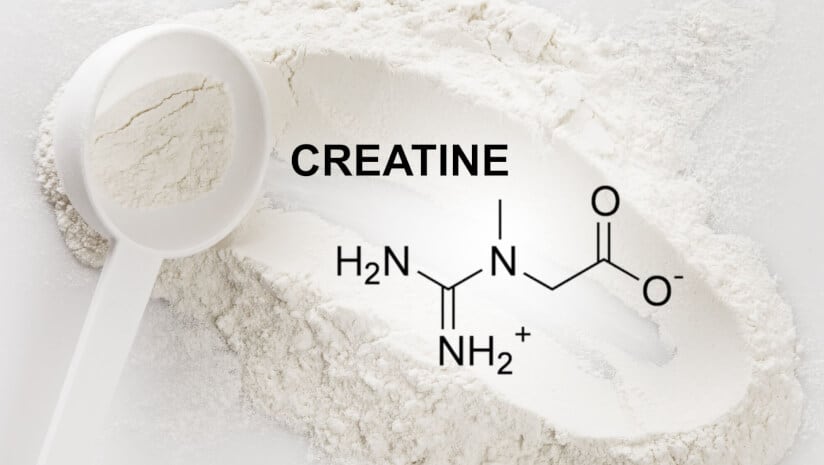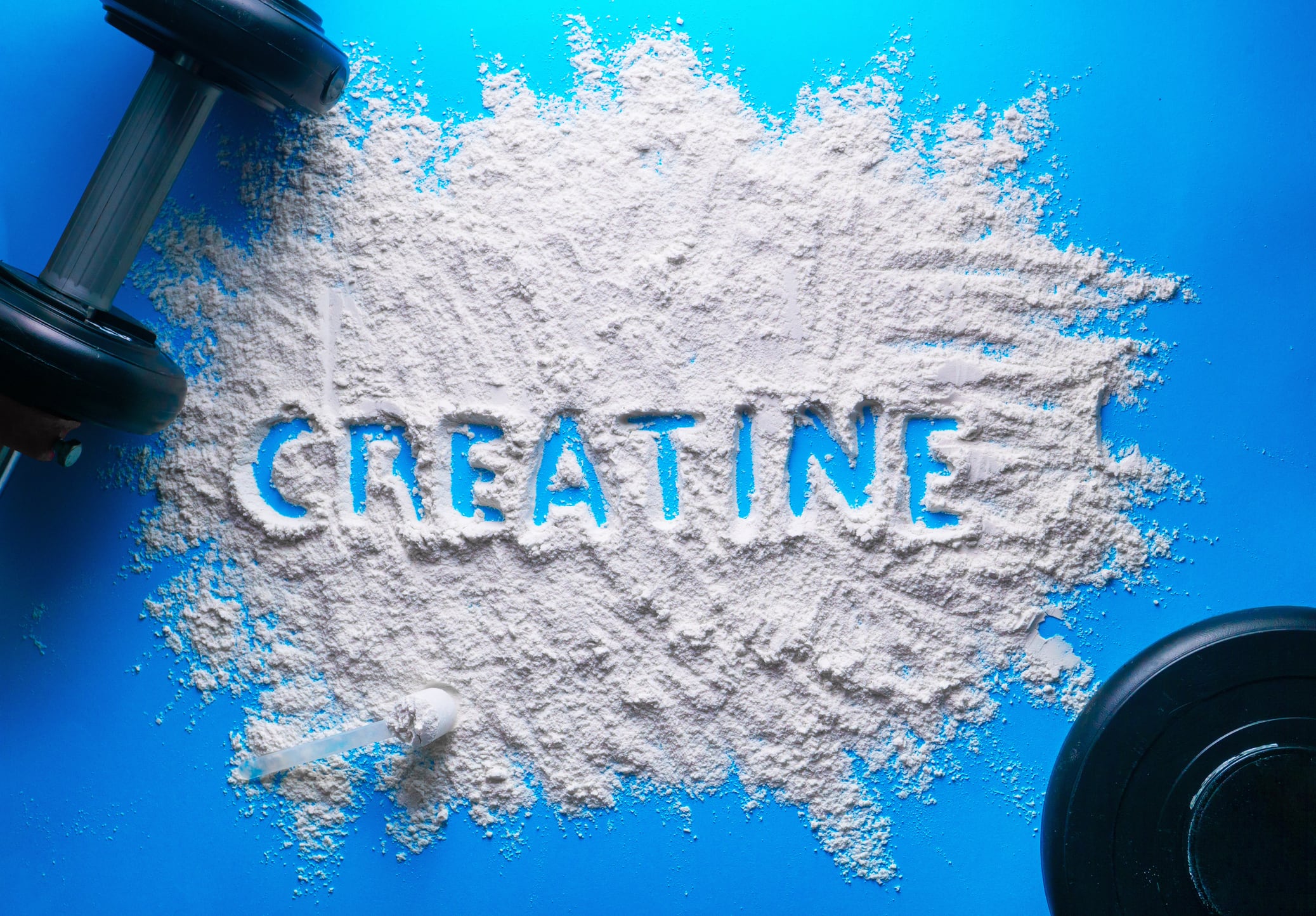This growing body of evidence was highlighted in a series of creatine sessions at the recent Sports & Active Nutrition in San Diego and takes center stage again at the upcoming Creatine Conference 2025 in Munich.
Below a look back at some of the more recent studies expanding the reach of creatine over the last two years.
Meta-analysis: Creatine supplementation improves memory in healthy adults
Creatine supplementation increases creatine content in the brain and improves memory performance in healthy individuals, particularly in older adults, according to a meta-analysis published by Oxford University Press that contributes to a growing body of literature on the neurobehavioral and physiological effects of creatine supplementation.
First creatine for immune support receives research patent
CON-CRĒT by Vireo Systems now holds the patent for research supporting creatine’s ability to help the body fight off coronavirus and influenza A.
Heads up: Review supports creatine supplementation for brain health
Creatine supplementation can increase brain creatine content, which over time may help explain its promising effects on brain health and function, according to a review published in the journal Sports Medicine.
Creatine shows no effect on postmenopausal bone mineral density
Creatine supplementation combined with exercise did not improve bone mineral density in postmenopausal women but may increase lean muscle mass and reduce fracture risks, according to findings from a two-year study.
Creatine co-supplementation could boost firefighter performance on the job
Working with the fire department in La Crosse, WI, a team of exercise and sports nutritionists put firefighters to the test during a three-week experiment that compared performance in a series of training exercises following protein and carbohydrate supplementation with and without creatine.
Study finds single high dose of creatine boosts cognitive performance during sleep deprivation
A single high dose of creatine can partially reverse metabolic alterations and fatigue-related cognitive deterioration, according to research that questions the established assumption that creatine supplementation only works when consumed over a longer period.
Study explores creatine nitrate-caffeine combo for performance
Co-ingestion of caffeine and creatine nitrate may boost cognitive function in resistance-trained athletes but may not yield significant improvements in exercise performance.
Does one dose of creatine supplementation fit all?
Creatine is one of the most studied dietary supplement compounds, but the optimal dose needed to maximize muscle, bone and brain benefits remains unknown, according to a team of leading creatine researchers.
Review explores creatine as cognitive enhancer
Current evidence suggests that creatine monohydrate may improve certain facets of cognitive function in adults with differing effects among populations, according to a review funded by the National Natural Science Foundation of China.
Study explores creatine for neuronal health
Creatine might protect against brain damage or degeneration, according to a study that investigated the correlation between a biomarker of neuronal injury and creatine consumed as part of a regular diet.
Coupling creatine and resistance training may improve sleep in menstruating women
Researchers suggests that resistance training could provided a great enough stimulus to stress the body and enhance the effects of creatine supplementation, potentially by decreasing oxidative stress and inflammation to improve brain bioenergetics, favorably affecting sleep.
Study explores effects of creatine loading on exercise recovery during menstrual cycle
Creatine monohydrate supplementation may help reduce fatigue in active women, particularly in the high hormone phase of the menstrual cycle.
Establishing creatine reference intakes for infants
A commentary by creatine expert Sergej Ostojic published in Nutrition Reviews explores creatine requirements in infants to propose a first recommendation for creatine reference intakes during the first year of life.
Fueling the firefighter and tactical athlete with creatine
A recent review published in the journal Nutrients explores creatine as a key nutrient for public safety in countering the physiological stress faced by firefighters and other tactical personnel in the line of duty.


